Lakadong Valley in the picturesque West Jaintia Hills of Meghalaya is famous for its special type of turmeric – Lakadong Turmeric. This wonder spice is known to have an exceptionally high curcumin content thanks to favourable soil, climate and environmental conditions.
While your regular supermarket varieties of turmeric usually have 3% to 5% curcumin content, Lakadong Turmeric goes as high as 12%, according to a test conducted in 2020 at a Kolkata-based FSSAI-approved laboratory.
As a consequence, Lakadong Turmeric possesses significant health benefits, while also giving it a rich flavour, strong aroma and a vibrant orange-yellow colour.
“Research suggests that curcumin can help in the management of oxidative and inflammatory conditions, metabolic syndrome, arthritis, anxiety, and hyperlipidemia,” according to this 2017 paper titled ‘Curcumin: A Review of Its’ Effects on Human Health’.
Enter Shillong-based venture, Zizira, founded by American entrepreneur Ralph Budelman from Chicago, Illinois, who noticed the untapped potential of turmeric from Lakadong.
He understood how this wonder spice was significantly superior to its global counterparts, but ironically remained unknown to the rest of the world. Ralph wanted to market this high-value turmeric and establish a name for itself and the Indian state where it originates from, Meghalaya. In 2018, the company started sourcing and selling 100% organic Lakadong Turmeric from local farmers and soon became Zizira’s flagship product.
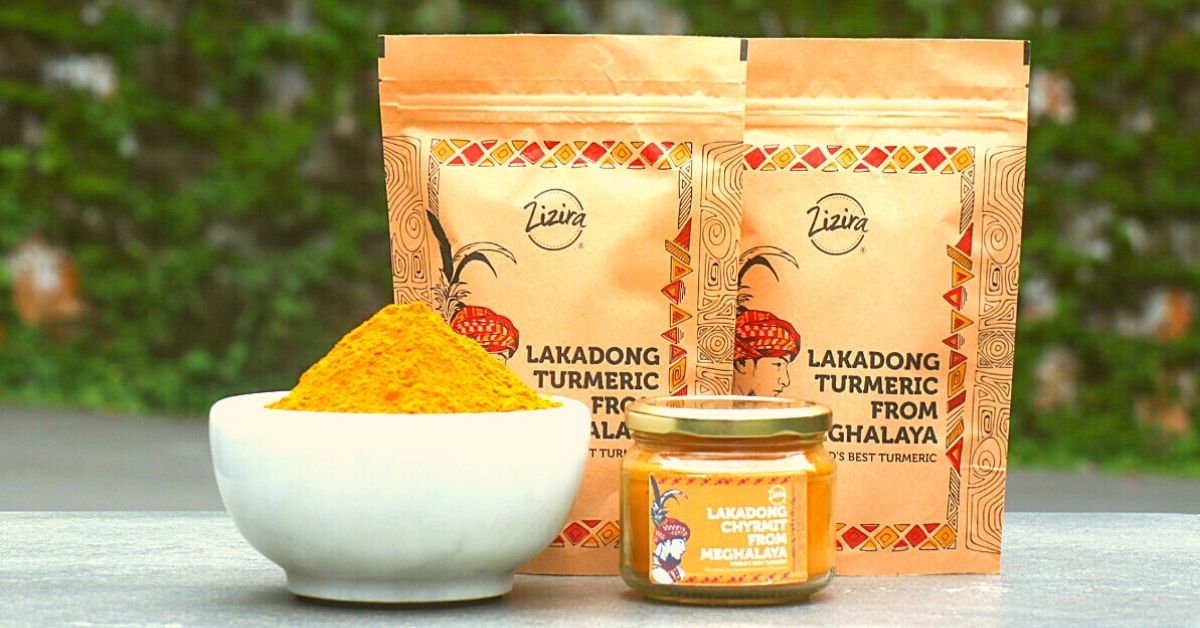
‘Making Farmers Famous’
Zizira is an e-commerce business founded by Ralph Budelman in 2010. The venture deals with spices and herbs and its vision is to pioneer the development of natural products, proving the underutilised potential of North East India in a way that sparks a movement.
“Our CEO, Ralph Budelman, first came to Shillong in 2004. Prior to that, Ralph and his wife, Joanna, were based in Bangalore where they were involved with two business ventures that he had started. Eventually, they came to Shillong and were amazed by the untapped potential that this land had to offer. In 2004, Ralph started Chillibreeze, a successful PowerPoint formatting service company for consulting firms and Fortune 500 companies. Ralph’s vision to start Chillibreeze here was influenced by the potential he saw in our youth. He wanted to ensure that this potential did not go to waste, so he started Chillibreeze to generate employment and offer better opportunities,” says Kimbretta Khongwir, a Shillong native who manages the Zizira’s day-to-day business.
A few years after Chillibreeze’s inception, Ralph took another leap of faith and launched Zizira, a food-based company with a mission of ‘Making Farmers Famous’. Subsequently, Muezart, another start-up that deals with indigenous Eri silk from Meghalaya, was born in 2019.
Zizira runs on a “Profit With a Purpose” motive, wherein it aims to achieve certain social, environmental, and community benefits through the business and channel a portion of the profits garnered towards these goals. Today, Ralph remains the CEO, but he has given a young team of 16 people from Meghalaya led by Kimbretta Khongwir a free hand to operate Zizira using their own direction and discretion while upholding his original vision.
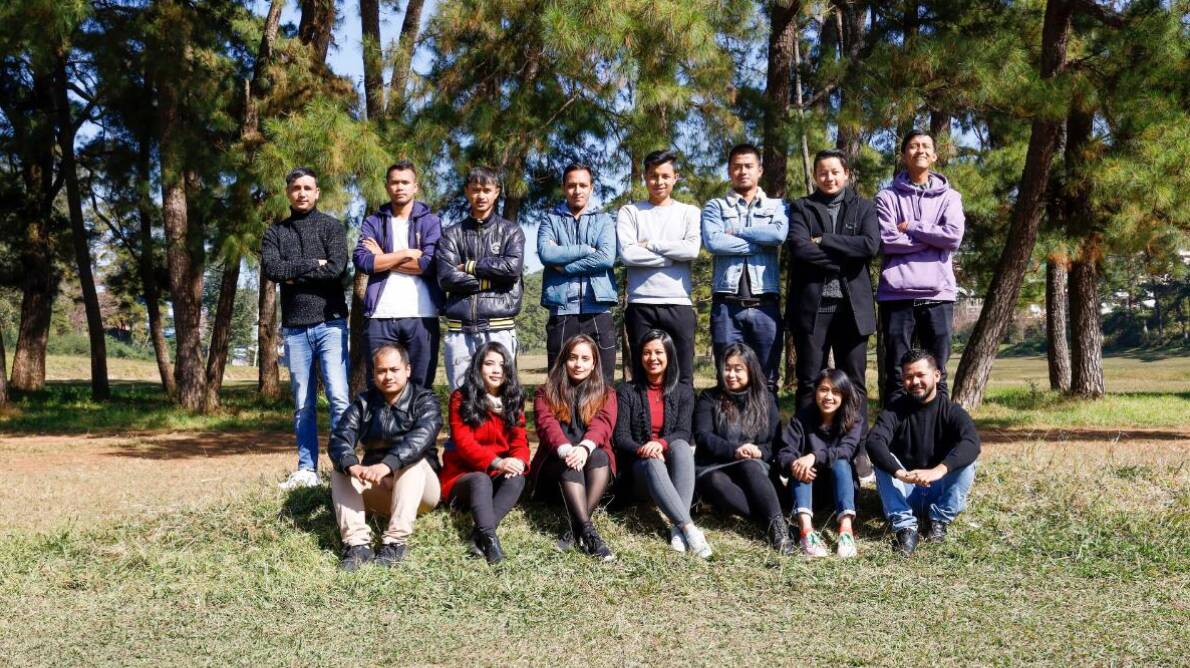
Business of Lakadong Turmeric
Kimbretta, known to her colleagues as Kim, explains how this fine turmeric powder is made.
“First, we procure the turmeric from our farmer partners who bring it to our warehouse in Golf Links, Shillong. Once we procure the turmeric, we process it ourselves in our small-scale in-house processing units. Our team carefully processes it using manual labour to ensure there is no contamination. The first step involves washing the turmeric and ensuring that it is free of dirt and debris. Next, the turmeric goes into the slicer machine where it is thinly sliced. After that, we dry the turmeric slices. We use a solar dryer and a batch dryer here. The drying process takes two to three weeks if the turmeric slices are dried in a solar dryer. After the turmeric slices are dried, they go into the pulverizer where they are ground into a fine powder and then sieved to make sure they are free of lumps. Finally, the powdered turmeric is stored in GrainPro bags before it is securely packed and shipped,” explains Kim.
Zizira sells two variants of turmeric—their 10% to 12% curcumin Lakadong Turmeric which is priced at Rs 699 for 150 gms and 7% to 9% curcumin Lakadong Turmeric which is priced at Rs 699 for 300 gms. In 2019, the company sourced 13 tonnes of turmeric, processed it in-house for purity and quality purposes. However, as a result of rising demand for this spice, they sourced 115 tonnes in 2020. Post the first lockdown, the company saw an uptick in the appreciation customers had for good quality spices and their health benefits as well.
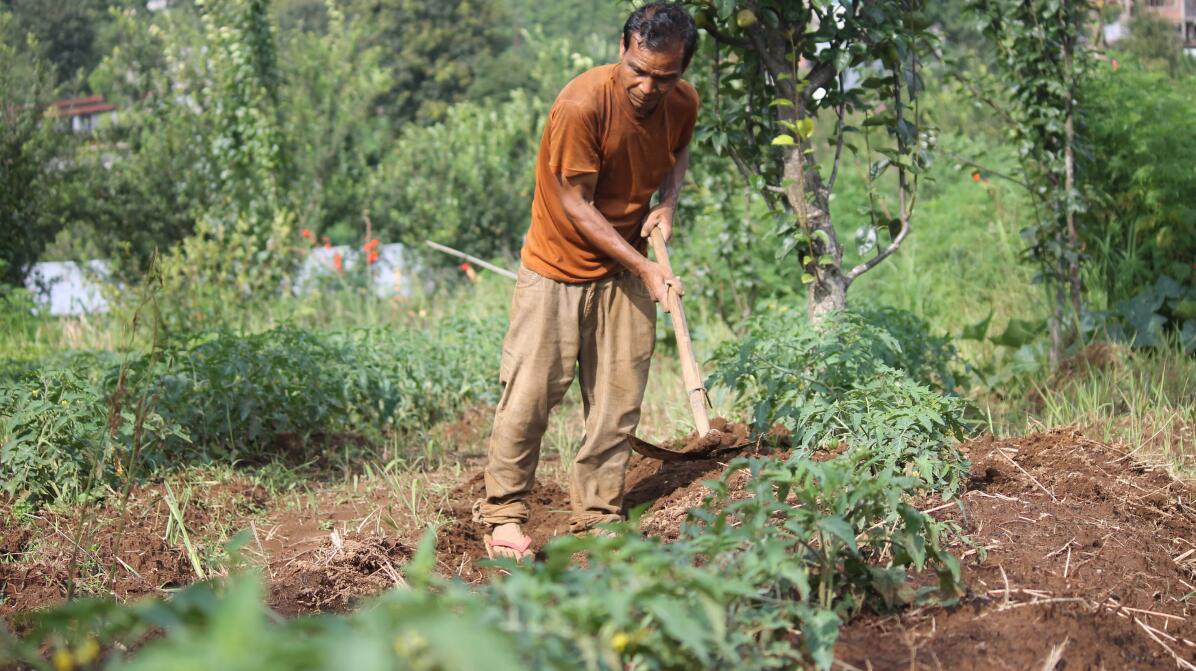
“We usually buy raw turmeric at Rs 40 per kg. To convert raw turmeric to powder form, it takes at least 6 kgs to get 1 kg of powdered turmeric. We source turmeric from farmer partners who use traditional methods of farming i.e. farms that do not use any form of chemicals or pesticides. For quality check, we also send out batches of the produce to various FSSAI labs in India. Organic farms are difficult to come by here in the North East as many farmers don’t have the requisite certification. Hence, we focus on the farming practices of the farmer. We inspect everything from soil quality, type of fertilizers and if any pesticides are used. We only deal with farmers who use natural plant or animal-based fertilizers and pesticides. Any trace of chemicals is an immediate deal-breaker for us,” notes Kim.

Relationship with Meghalaya’s Farmers
Kong Pdiangjingshaihun Dkhar is a turmeric farmer from the village of Saphai in West Jaintia Hills district, who grows her crop on a piece of land she rents from her aunt. Known to her acquaintances as Kong Hun, she began growing Lakadong Turmeric at a time when there was barely a market for it since farmers like her weren’t attuned to its real value.
Since 2018, however, she has been supplying her turmeric crop to Zizira. As demand for Lakadong Turmeric picked up over the following months, she expanded the cultivation of this wonder spice, while also paving the way to create a Lakadong turmeric market in Saphai.
In the last three years, she also began organising farmer communities, particularly women, to grow this globally-sought after spice.
“They are an empowered lot now. They assert their rights and take their responsibilities literally and seriously,” she says, while explaining how she doesn’t use any chemical pesticides or fertilizers. So, how does Zizira find farmers like her?
“We wanted the business to help farmers, so we decided to work directly with farmers, going through the painstaking process of finding and connecting with farmers on our own. A member of our sourcing team seeks out farmers in need of a market for their produce and builds a network with them. As far as the business goes, I would say that our relationship with our farmer partners goes beyond the transaction. We source the produce from our farmers with who we have established close connections. Our farmer partners are largely from the outskirts of Shillong in various districts such as the Ri-Bhoi District of Meghalaya and West Jaintia Hills,” says Kim.
Also, the venture wanted to provide only the very best to their customers and decided to do their processing in-house to ensure total accountability on purity and quality.
“That’s why Zizira started with nothing but a young group of individuals and one vision: ‘Making Farmers Famous’. We learnt everything the hard way,” she adds.
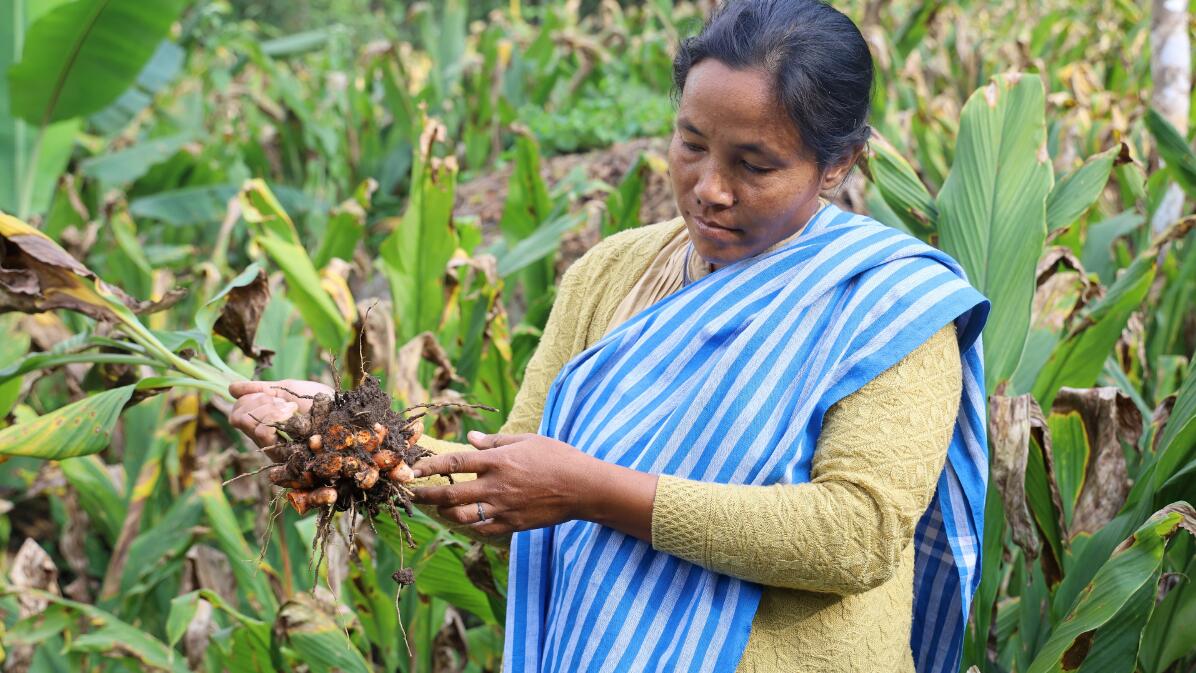
Going Beyond Turmeric
Zizira’s objective is to showcase the unique treasures found in Meghalaya. Besides their high curcumin Lakadong Turmeric powder, another one of their standout products is honey.
“We source honey from traditional beekeepers which is in the purest and the rawest form. Our honey has also passed the NMR (Nuclear Magnetic Resonance) test. Another top product would be Ing Makhir Ginger powder which is a rare variety of ginger valued for its potency and has been used in traditional folk medicine in Meghalaya for centuries. Other products we deal with are several honey variants and honey infusions, herbal teas such as Roselle tea and Valerian tea, turmeric blends such as our Turmeric Latte and Lakadong Mirch, dried herbs such as Long Pepper, Lemongrass, among others,” explains Kim.
The venture ships its products all over India. Their customer base, meanwhile, mostly consists of ‘conscious consumers’ who reside in the mainland cities but do not have access to the unique and authentic herbs and spices from the North East.
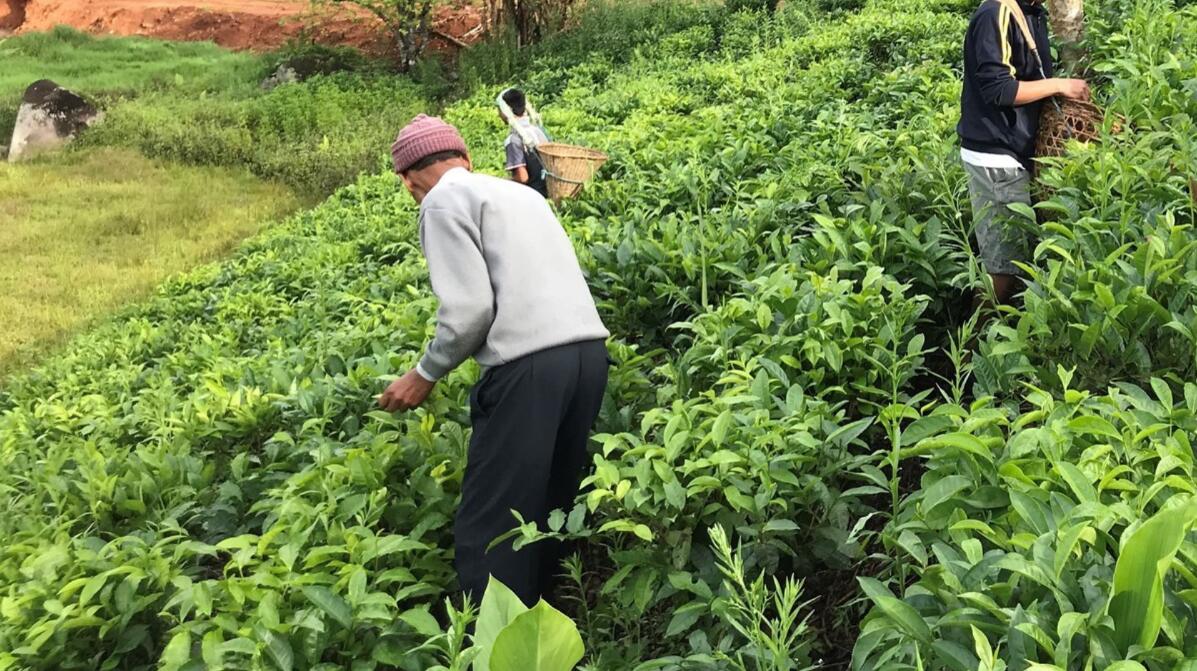
Making Entrepreneurship Work in Meghalaya
For a whole host of historical, political and geopolitical reasons, Northeastern states like Meghalaya have struggled to successfully promote local businesses beyond the confines.
When they first visited Meghalaya nearly two decades ago, Ralph and Joanna were told many foreboding tales about how no business venture thrives in the North East. But they did not give in to hearsay and decided to pursue their vision of starting Chillibreeze anyway.
Soon enough, as Chillibreeze grew and eventually became a successful company earning revenue in crores, it stood as a living testament against the sceptical cautionary tales they heard. Eventually, Zizira was born, and it is on its way to following Chillibreeze’s footsteps.
“A lot of Chillibreeze’s and Zizira’s success accounts for the culture behind the companies and the sheer determination of the team to succeed and thrive. Chillibreeze believes that the principle ‘swimming upstream’ is the right way to go. And that means doing what nobody is willing or capable of doing in order to do something meaningful and impactful. The entire success story truly is a story of hope and grit. As far as lessons go, the North East has a lot of potential, but we’ve grown up in a culture where pioneering and thinking out of the box are not the norm. If we have a vision we believe in, we should be courageous enough to challenge these misconceived notions and work towards achieving our vision,” says Kim.
(Edited by Yoshita Rao)
No comments:
Post a Comment